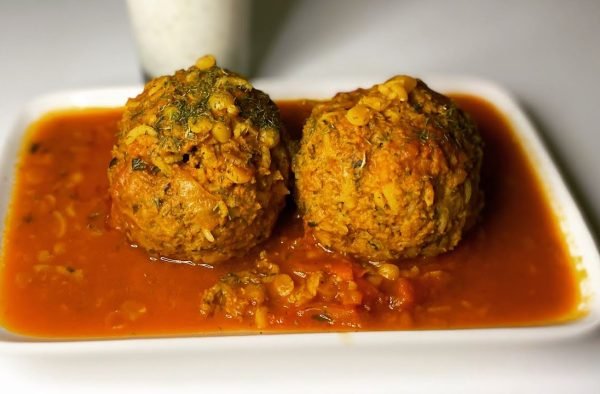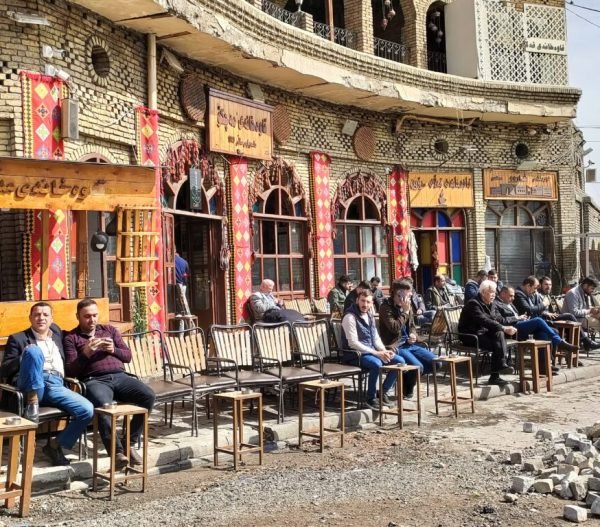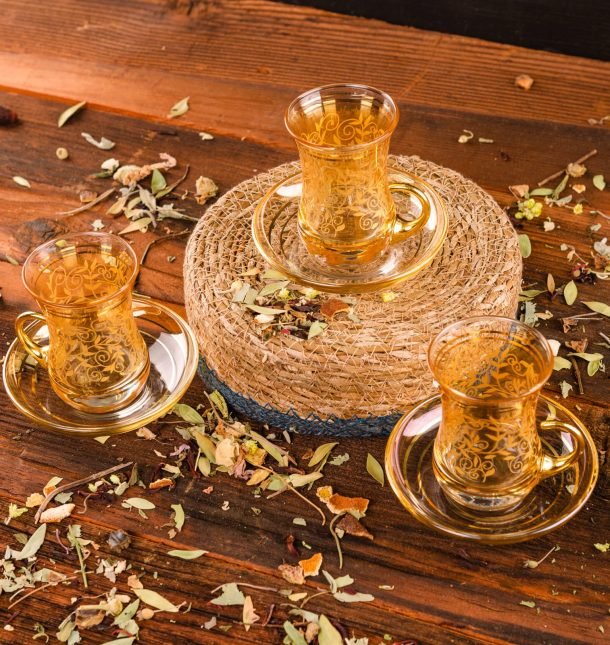The Walls of Machko Chai Khana
by Mark Montgomery
If an erupting volcano could wear a smile the size and sizzle of a new moon… that would be Sozan! She blew into the International Media Centre, at the World Travel Market in London – ceremonial coins on her Kurdish national costume tinkling like wind chimes.
“I was born in Canada” she tells me “but I am part Romanian and part Kurd.” That would explain her effervescence. “I am wearing our traditional dress because I am representing Visit Kurdistan.”
Visit Kurdistan is a tourism body representing Kurdistan. It is dedicated to promoting and facilitating international tourism to the region. They do this by building the local infrastructure and communicating that the region is safe for tourists.
“To achieve this, it is essential to build the tourism infrastructure. This serves two purposes. First, we must make the region welcoming, convenient and safe for tourists. We also leverage tourism to make a tangible contribution to the local economy.”
Erbil is Safe
Sozan may be new in her role, in Erbil, the capital of the Kurdish region of Iraq, but it would be naïve to underestimate her gravitas. She has built a catalogue of successful roles as a PR and Media expert in her native Canada.
“When I was offered the role of Senior PR Director at Visit Kurdistan, my family and my close friends knew that this was the right role for me.” Erbil is a safe, multicultural city, in northern Iraq. With Baku, in Azerbaijan and Yerevan, in Armenia, it is one of the oldest, permanently inhabited, cities on the planet. Human settlement at Erbil can be dated as far back as the 5th millennium BC.
“The pulsing heart of the city is the ancient Citadel of Erbil and the Mudhafaria Minaret” she fizzes. Her traditional dress sweeps the floor. The side and back panels of the robe are mat charcoal. “The earliest historical reference to the region dates to the Third Dynasty of Ur of Sumer. The city was later conquered by the Assyrians.” She flicks her chic coiffure with insouciance. The central panel of her gown is a riot of turquoise and amber and rust. Many Assyrians converted to Christianity in the Middle Ages.
The converts adopted Biblical names. Erbil served as the seat of a Metropolitan of the Assyrian Church of the East. Many church fathers and well-known Aramaic authors, from the city’s Christian period, come from Erbil. The city was home to a boisterous community of Jews and Zoroastrians.
Kofta Sower
“I know that you have only lived in Erbil for a bit more than a month, but tell me what you like about the city?”
“I love that it is safe for me to go with many people speaking English as well as Kurdish anywhere in the city, on foot and as a single woman. It is also a surprisingly international city. Many people speak both English and Kurdish!”

Sozan Mirawdaly – Senior PR Director at Visit Kurdistan

Kofta Sower – Kurdish meat balls in a rich sauce
“How do you like the food?”
“We have Kofta Sower! …not to be confused with the Turkish kofta. It’s a bit different!”
My tummy rumbles. I have not eaten since breakfast. I pray that the results of my gastric disturbance does not find its way to my eastern orifice.
“The Turkish make a Kofta that is spiced beef or lamb on a skewer. Our Kofta Sotwe is more like meatballs in a delicious, rich, sauce.”
“Is there anything that you miss from Canada?”
“Well obviously maple syrup and poutine” She sits back. Her medallions collide in a delicate cacophony. “Oh yes!… and Mexican food and Italian basil. I haven’t been able to find it yet, but I’ve only been in Erbil for a month”
“Is there anything else you had to adjust to?”
“This is a largely cash-based society. It takes a while to get used to. Still, there are other things that I love.”
The holiest place you have never heard of
There are many sites and experiences to delight in. There are legions of stunningly beautiful locations, like the ancient mountain village of Lalish. The BBC described it as “the holiest place that you have never heard of.” It is to the Yazidis what Mecca is to Muslims.
The traditional tea house is a must-not-miss cultural experience. Tea houses, known locally as chai khanas, are a vibrant yet casual venue for Kurdish men. It is second in popularity only to the mosque. These are traditional places to drink tea, discuss news, gossip and share ideas. The brew is usually served in a tulip-shaped glass called a piyala.
Machkoi Chai Khana
Machko Chai Khana is one of the more famous tea houses. It is an historic fixture in Erbil. The establishment takes its name from the Machko family. They have run this watering hole for over 80 years. When Machko opened in 1940, the teahouse was frequented by traditional storytellers who would meet there to tell tales and sing traditional songs. Machko is ensconced in the southern wall of the city’s Citadel. In addition to indoor seating, banquets and tiny tables are set outside.
The teetotal patrons can watch the world go by, at their leisure. Machko Chai Khana is an unofficial custodian of the memories of Erbil. It has ever been a popular meeting place for Kurdish activists and intellectuals. Perhaps it still is. Its walls are festooned with the portraits of notable visitors.
“If I wanted to visit Kurdistan, can I fly here directly? Is it easy to get a visa?”

Enjoying Machko Khana on a sunny day

A Kurdish tea set, with tulip shaped glasses
“Erbil is one of two international airports in Iraq. It is served by various airlines” she says, to the metallic counterpoint of her costume coins.” Foreign visitors who plan to visit the Kurdistan Region may require a visa to enter, depending on their nationality.
Tell Nigel!
Visa-Free entry is available for some passport holders, including those from Canada and the UK. It is possible for some passport holders to get Visa on Arrival at the airport.
My friend and fellow traveller Nigel and I, have for some time now ruminated about a trek on the Silk Road. Erbil is one of the oldest continuously inhabited cities in the world. It has been inhabited, over the millennia, by the Greeks, the Romans, the Mongols and the Ottoman Turks. The Silk Road congregated artists, architects, and artisans from a kaleidoscope of cultures. This creative fusion influenced Kurdistan’s architectural styles, art forms, and craftsmanship. It left an immutable legacy on the cultural heritage of the region. This legacy is incontrovertible.
The Silk Road promoted economic ties, cultural exchange, and social interaction that facilitated the development of nations. Erbil distinguished itself as a prominent station along this historic thoroughfare.
The old Kurdish name for Erbil, Hawler, means city where the sun is still worshiped. The sun still is incandescent and central on the Kurdish flag. It was a majestically influential city on the Silk Road because it connected Europe with the Chinese Empire. Erbil was a fortress city and an important trading post. It distinguished itself as a cauldron of cultures. Peacefully, it melded language, lifestyles, religions and philosophies into a quiet symphony of tolerance.
Sozan’s smile now matches the one on my face! I remain cool and professional on the outside. I bid her farewell. But inside me there is a clarion scream “I must tell Nigel!” I think it is inevitable that he and I will visit Erbil. There only remaining question is: What must we do to get our portraits displayed, alongside all the greats who have gone before, on the walls of Machko Chai Khana?

